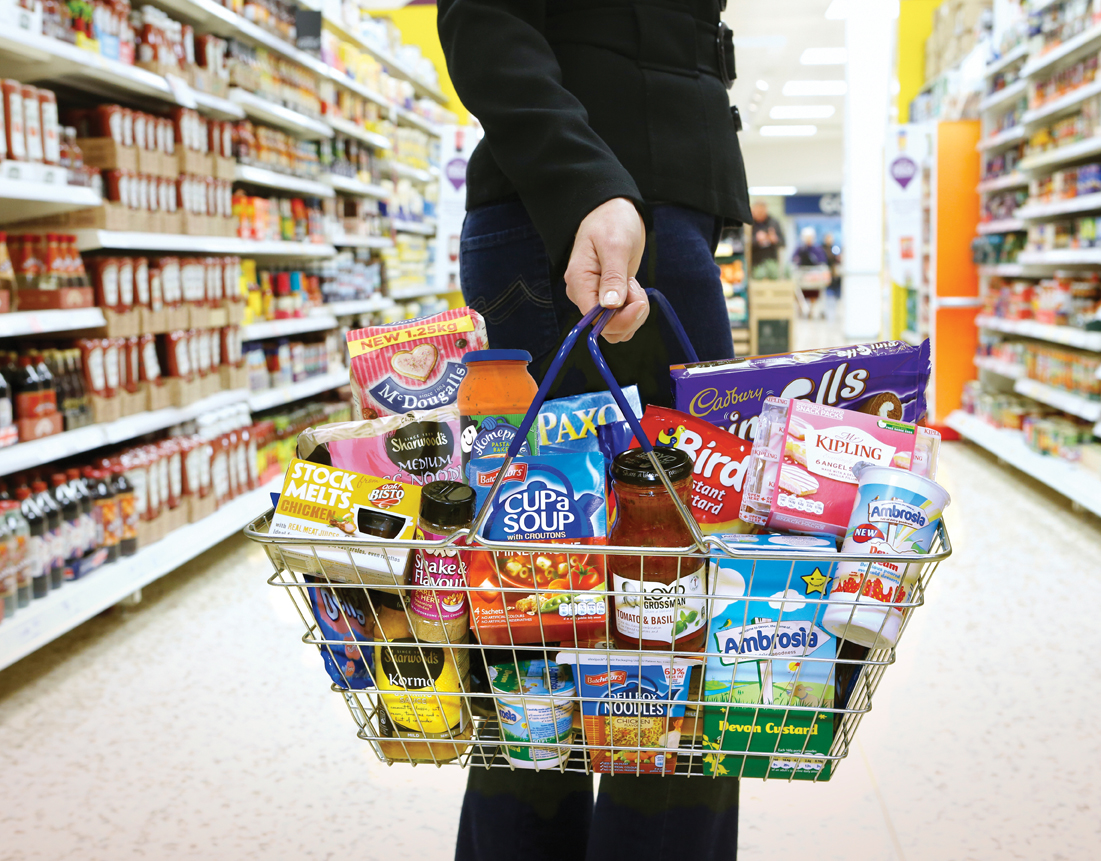Household Bills
Consumers cut spending on groceries as cost of living bites

Retail sales fell 0.5% in May as shoppers spent less on food amid rising prices, figures from the Office for National Statistics showed.
The ONS also revised down its figure for April, with retail sales in the month rising by just 0.4% rather than its previous estimate of 1.4%.
It continues the downward trajectory seen since last summer, with sales volumes down 1.3% over the three months to May 2022 compared to the previous three months.
Aled Patchett, head of retail and consumer goods at Lloyds Bank, said the coming months will “bring further challenges”.
He said: “Retailers are feeling the pinch and face a tricky balancing act.
“On the one hand, transport and raw material costs are driving up prices, while on the other the cost of living squeeze is leading to employees demanding higher salaries and customers re-assessing their purchases to manage budgets.”
Earlier this week the ONS reported that consumer price inflation rose to 9.1 per cent in May, the highest CPI 12-month inflation rate in the National Statistic series which began in January 1997.
The biggest contributor was rising prices for food and non-alcoholic beverages, which the ONS said may explain the 1.6% fall in food sales recorded in May.
A recent report on food inflation by research firm Kantar revealed sales at all the big supermarkets are on the wane as shoppers switched to cheaper alternatives such as Aldi and Lidl and bought more own-label goods in an effort to keep a lid on spending.
Myron Jobson, senior personal finance analyst at interactive investor, said: “Consumers are increasingly making more considered decisions about how they spend their money as the cost-of-living squeeze on finances becomes more acute.
“With inflation expected to hit 11% this year, consumers will likely continue to reshuffle their spending priorities and allocate more of their budget on everyday essentials.”
Consumers spent more on petrol and diesel however, with sales volumes up 1.1% in the month which the ONS said may in part be linked to increased hybrid working and a fall in those working exclusively from home.